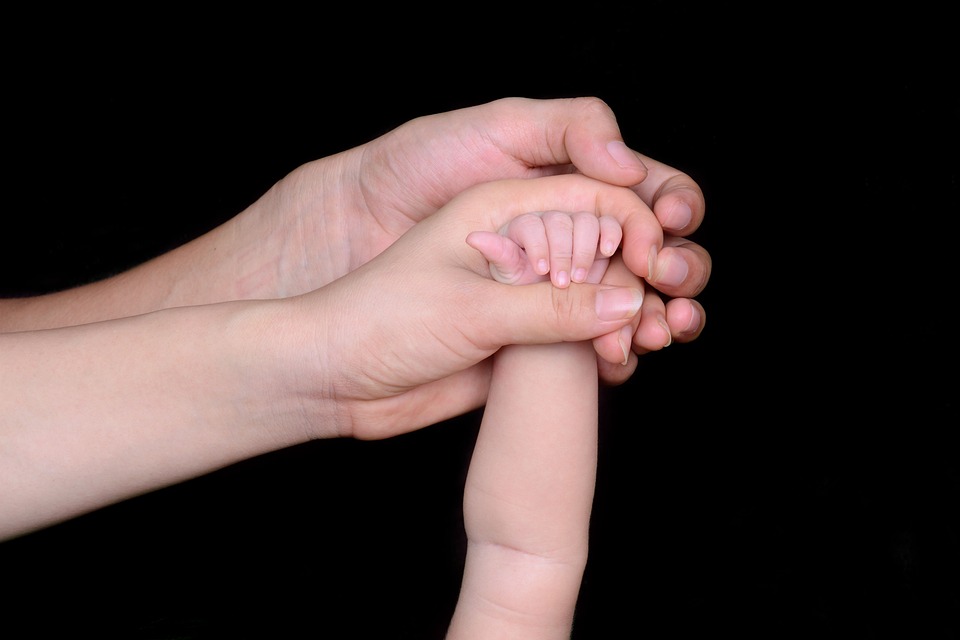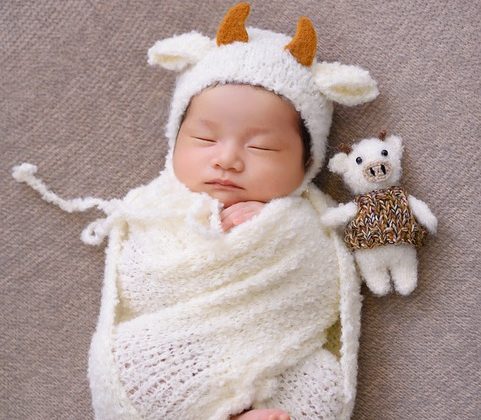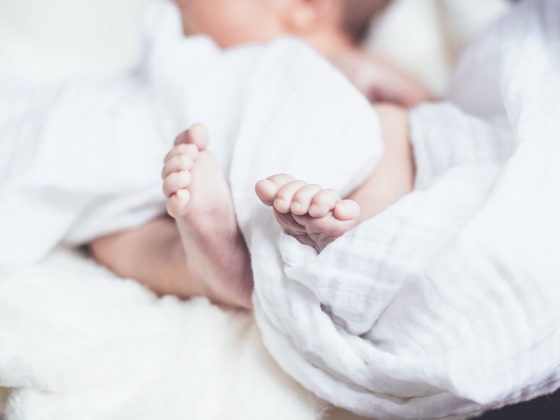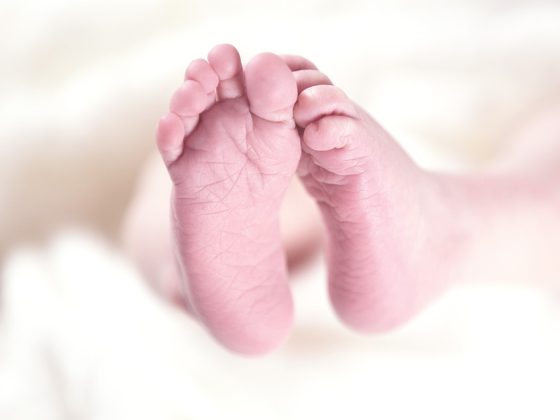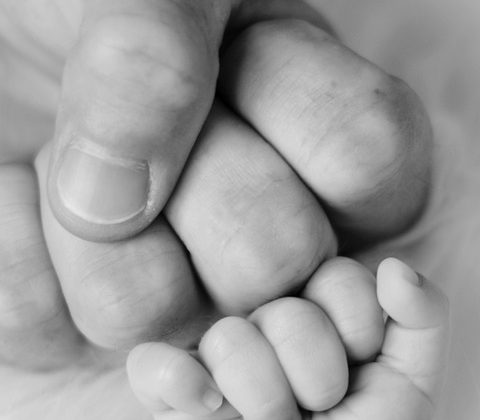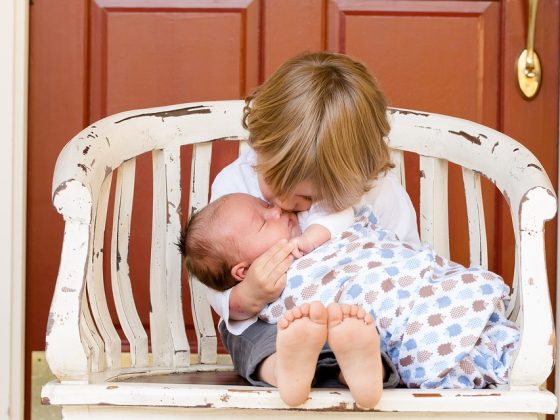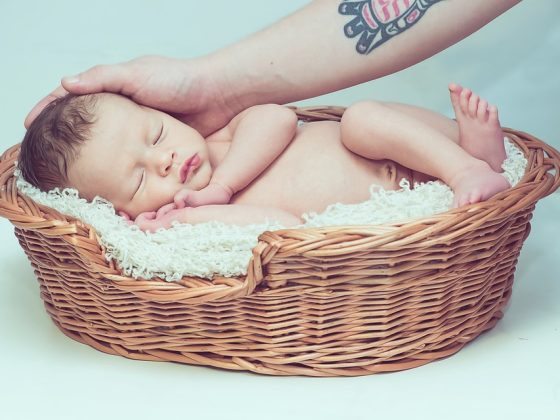Bonding with your newborn is crucial for their emotional and physical development. The first few weeks of your baby's life are a crucial time for bonding, and the care you provide in these early days can have a lasting impact on your child's well-being. Here are some tips on how to provide the best care for your newborn from day one.
1. Skin-to-skin contact: One of the best ways to bond with your newborn is through skin-to-skin contact. This can help regulate your baby's body temperature, heart rate, and breathing, and can also help promote breastfeeding. Spend time holding your baby against your bare chest, allowing them to feel your warmth and hear your heartbeat.
2. Breastfeeding: Breastfeeding is not only a great way to nourish your baby, but it also provides a beautiful opportunity for bonding. The physical closeness and eye contact that breastfeeding allows can help strengthen the bond between you and your newborn.
3. Eye contact and talking: Babies are born with a strong preference for human faces, and they love to make eye contact with their caregivers. Spend time looking into your baby's eyes and talking to them in a soothing voice. This can help your newborn feel secure and loved.
4. Baby massage: Gentle baby massage can be a wonderful way to bond with your newborn. Use a natural oil like coconut or almond oil and gently massage your baby's skin in soft, rhythmic strokes. This can help soothe your baby and promote relaxation.
5. Respond to your baby's cues: Pay close attention to your baby's cues and respond to their needs promptly. Whether your baby is hungry, tired, or needs a diaper change, responding to their cues in a timely manner can help build trust and strengthen your bond.
6. Babywearing: Using a baby carrier or sling can help keep your baby close to you while allowing you to go about your daily tasks. This close physical contact can help your baby feel secure and loved. Plus, babywearing has been shown to help regulate babies' heart rates and improve their overall well-being.
7. Create a calming environment: Newborns are sensitive to their environment, so create a calm and soothing environment for your baby. Keep noise levels low, dim the lights, and play soft music or white noise to help your baby feel relaxed.
Frequently Asked Questions about Bonding with Your Newborn:
Q: How soon after birth should I start bonding with my baby?
A: Bonding with your baby can start immediately after birth. Skin-to-skin contact and breastfeeding are great ways to start bonding with your newborn in the first few hours after birth.
Q: Can dads bond with their newborns as well?
A: Absolutely! Dads are just as important in bonding with their newborns. Dads can engage in skin-to-skin contact, bottle feed, change diapers, and spend quality time with their babies to strengthen their bond.
Q: What if my baby is fussy or doesn't seem to want to bond with me?
A: It's normal for babies to have fussy periods, and it doesn't mean they don't want to bond with you. Try different bonding techniques, such as baby massage or gentle rocking, to see what works best for your baby.
Q: How can I bond with my newborn if I'm struggling with postpartum depression?
A: Bonding with your newborn can be challenging if you're struggling with postpartum depression. It's important to seek help from a healthcare provider to address your mental health concerns and develop a plan for bonding with your baby.
In conclusion, bonding with your newborn is a beautiful and essential part of parenthood. By providing the best care from day one, you can create a strong bond with your baby that will last a lifetime. Remember to be patient, responsive, and present with your newborn, and enjoy the special moments of connection that come with caring for your little one.

